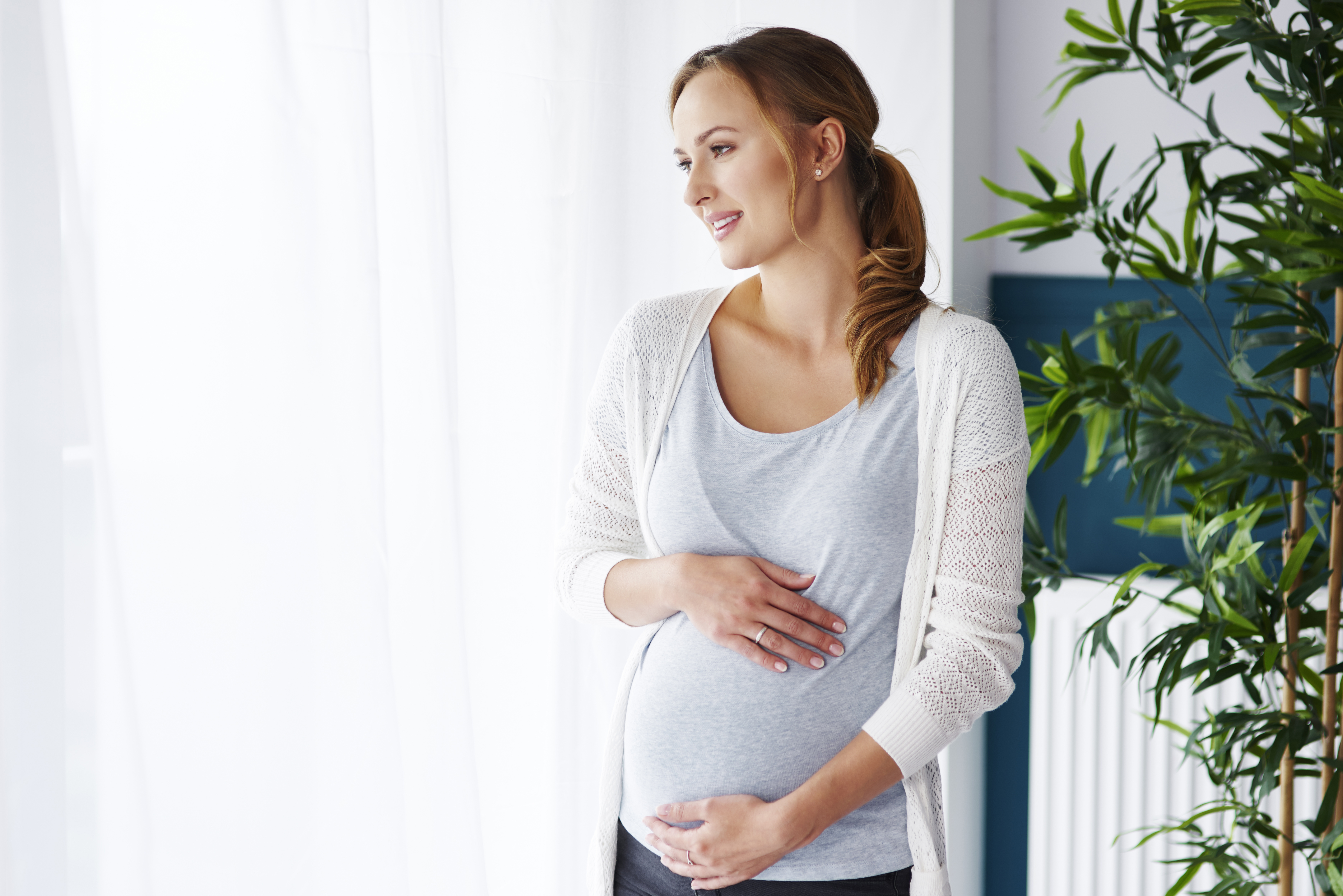
Pregnant women suffer from unpleasant problems with bowel movements often including constipation. The causes of constipation include the changes in the woman’s body as well as the movement of internal organs, which are compressed by a developing fetus. A proper diet often fails to eliminate the problem, and taking pharmacological drugs is considered risky by many future mothers. How can they help themselves without harming a child?
Constipation during pregnancy
Constipation in pregnancy is a very common problem. It affects more than half of expecting women. Problems with defecation during pregnancy are natural and result from changes in the woman’s body caused by the fetal development. As the pregnancy develops, the fetus grows and puts more and more pressure on the intestines, which further intensifies constipation. Additionally, during pregnancy, the level of hormone secretion, including progesterone, increases. Its main function is to prepare the female body, more precisely the interior of the uterus, to create the best conditions for the developing fetus. The hormone also relaxes the intestines, which leads to intestinal disorders, and the mothers experience this in the form of more frequent constipation as well as “hard” and difficult to evacuate stools.
Dos and don’ts
A daily menu of a pregnant woman could be copied by many other women as an example of a healthy and balanced diet. An expecting mother cares about her health and the nutrients necessary for the proper development of her child. Therefore, recommending additional diets seems rather unreasonable. However, there are still certain details that should be noted. Mothers know that during pregnancy the need for fresh fruit and vegetables increases and they remember to incorporate them to their daily meals. In addition to a balanced diet, pregnant women are advised to use supplementation and maintain the appropriate level of iron in their blood. But here caution is advised. Even therapeutic doses of iron can lead to intestinal dysfunction and additional problems such as constipation and irregularity of bowel movements. Many mothers fight with the problem by composing meals containing products rich in iron, such as: liver, corn flakes with iron, cocoa, chicken eggs, pumpkin and sunflower seeds. A properly balanced diet will certainly ensure the proper level of iron in the body and supplementation will not be necessary. Therefore, before buying any medicine, including OTC drugs, we recommend that you consult a doctor.
Healthy habits
Our health is affected not only by the things we eat but also by the way we prepare our food. Eating in a hurry, while standing up and without drinking means that the food is not thoroughly fragmented and chewed, and the body has difficulties with digesting it. Celebrating a meal is a good start to a day and a great idea for a break in the next hours. We recommend slow eating, chewing each bite and drinking more liquids. Physical exercise also prevents constipation by enhancing bowel movements. A short daily walk or regular exercise can bring a definite improvement in constipation.
The method matters
Constipation caused by the pressure the fetus puts on the internal organs or the morning rush reduce the number of defecations and the problem becomes even deeper. In addition, it is worth knowing that refraining from defecation weakens the muscles, which in the future makes this process even more difficult. A natural and safe way to reduce constipation and increase the frequency of bowel movements is a GOKO device created to support this process. An anatomical and most beneficial position for defecation is the squatting position. This position forms the large intestine in a way making the process of defecation easier and more effortless. GOKO device was designed specifically to help assume such a position. Future mom, read more about GOKO under LEARN ABOUT GOKO tab.





